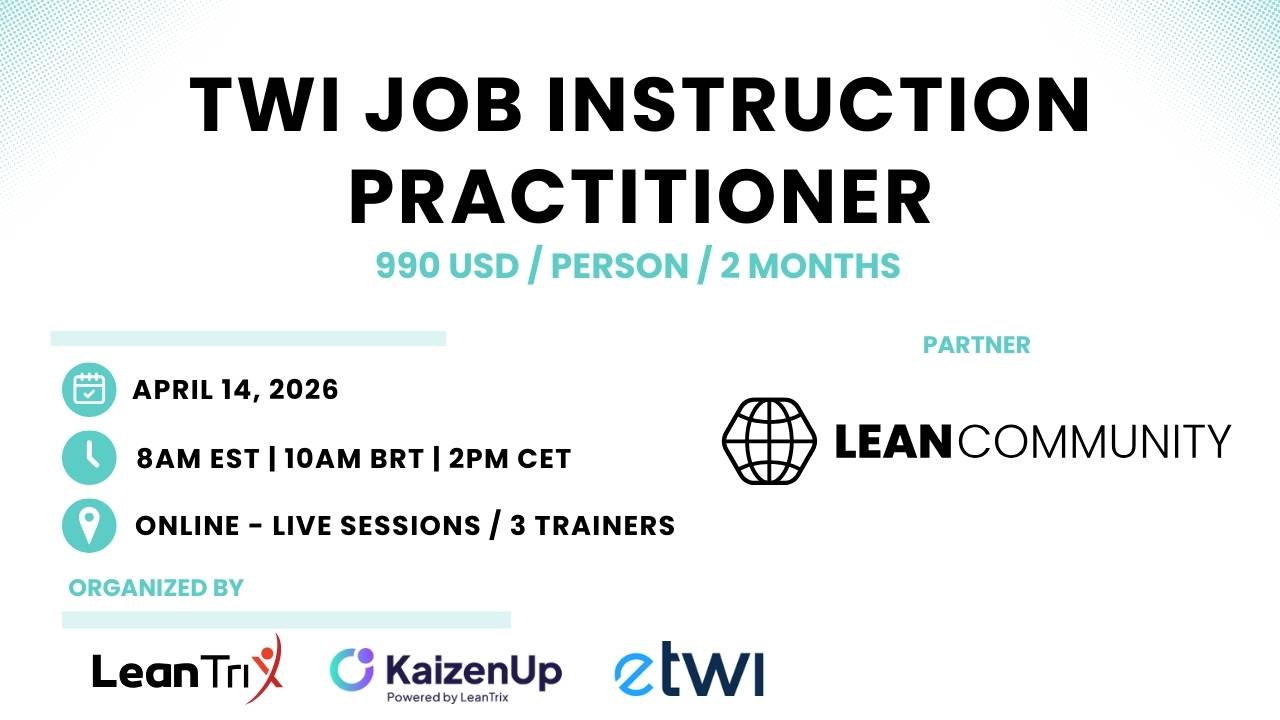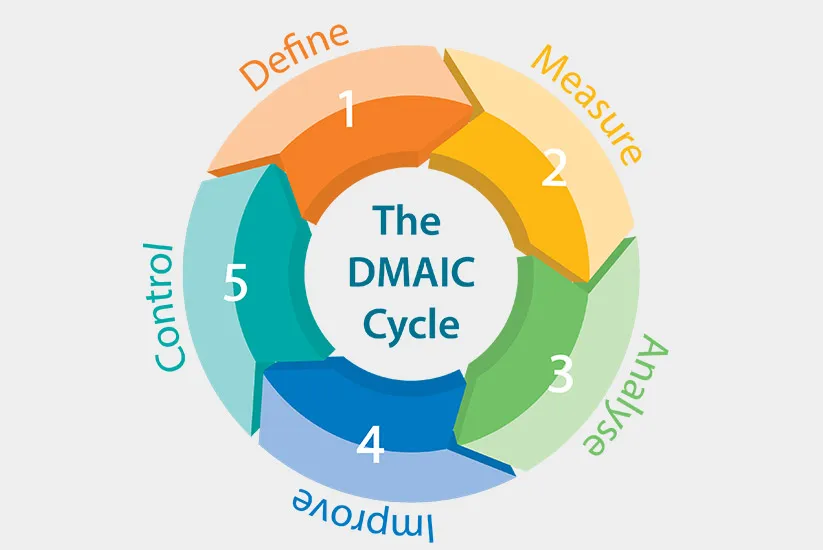Micro-management rethinking strategies. Micro-management – is it still a problem for board members and managers in companies that brings them more harm than benefits?
Table of Contents
ToggleThe Beginnings of Micro-management
Typically, the issue with micro-management starts innocently – a manager with a new person on the team or with underperforming employees wants to help them as quickly as possible. They do this by providing ready-made solutions and best practices – the employees’ role is simply to implement them. However, it soon turns out that for the work to be done “according to the art”, the manager spends more and more time tracking each activity of these employees, controls the completion of all tasks, and catches their smallest mistakes.
Expanding Control Across the Entire Team
After some time, a similar management style extends to the entire team – meticulously controlling and interfering with the pace and manner of performing even the simplest tasks. The manager believes that this will help his team achieve better results. The effect of such a management style is the effective oppression of employees – lack of trust in them, their demotivation, stress, lack of independence, and creative thinking. Also, the manager himself is overwhelmed with the amount of duties and responsibility for the team.
Consequences of Micro-management in the Organization
It is not uncommon for the boards of such companies to accept this style of management – as a result, the company’s value system increasingly diverges from the employees’ value system, and they… leave. As an inexperienced manager at the beginning of my career, I also suffered from this ailment. My perfectionism and desire to have full control over the team were the sources of frustration for my people. Instead of progress in results, there was regression, and staff turnover also increased. Fortunately, I realized that “something is not right,” and my then-boss advised me on how to achieve better results using other methods. Thanks to this, the team and the company achieved measurable benefits.
I began to:
- trust my people and believe in their competencies;
- delegate tasks to them;
- support employees when they needed it;
- hold them accountable for the final outcome, not every step;
- build their engagement;
- appreciate their merits.
Micro-management rethinking strategies. Personally, as a manager, I had the opportunity to experience micro-management from my superiors and the company owners, but that is a topic for an entirely different post. Do you think that with the right support from the company and superiors, micro-management can be replaced with real team management?

I am an effective manager with 17 years of experience in sales management, and customer service, and the practical ability to optimize processes and introduce employee changes. I prioritize sustainable business development by building and cooperating with a team of motivated and committed professionals who identify with the highest work standards.






